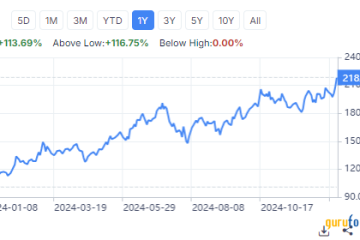The Future of COVID-19 in 2025: What to Expect?

Introduction
The COVID-19 pandemic has dramatically reshaped our world, leaving lasting impacts on health systems, economies, and daily life. As we progress through 2023, discussions around the future of the virus—specifically COVID-19—continue to gain importance. The relevance of understanding COVID-2025 goes beyond just anticipating case numbers; it involves preparing for potential variants, public health policies, and vaccine efficacy that may shape our existence in the post-pandemic era.
The Current State of COVID-19
As of late 2023, most countries have made significant strides in vaccination, with many populations having received booster shots to enhance immunity against circulating variants. Global health authorities, such as the World Health Organization (WHO), continuously monitor new variants, and evidence indicates that even with variants, vaccines still provide protection against severe illness.
Forecasting COVID-19 in 2025
Looking ahead to 2025, epidemiologists predict several scenarios. The anticipated emergence of more transmissible variants raises the concern that vaccines may need regular updates, similar to flu shots. Additionally, scientists are exploring broader-spectrum vaccines that may provide immunity against multiple variants.
Public health measures may also evolve. Some experts believe that COVID-19 will transition to being an endemic virus, which could require ongoing surveillance and vaccinations, potentially integrated into routine health care similar to seasonal flu vaccines. This might mean that yearly vaccination campaigns for COVID-19 could become the norm.
The Role of Society and Policy
On the social front, it’s crucial for countries to address vaccine hesitancy and ensure equitable access to vaccines worldwide. Lessons learned during the pandemic about the importance of public trust in health messaging will shape future policies. Governments may need to implement educational programs that encourage vaccination behaviors and counter misinformation.
Conclusion
As we move towards 2025, the importance of preparedness for COVID-19 cannot be overstated. While the acute phase of the pandemic may diminish, the virus is unlikely to vanish completely, requiring ongoing vigilance from public health officials and society at large. The forecast suggests adaptation rather than eradication, so continued engagement with the public, access to vaccination, and global cooperation cannot be overlooked.









